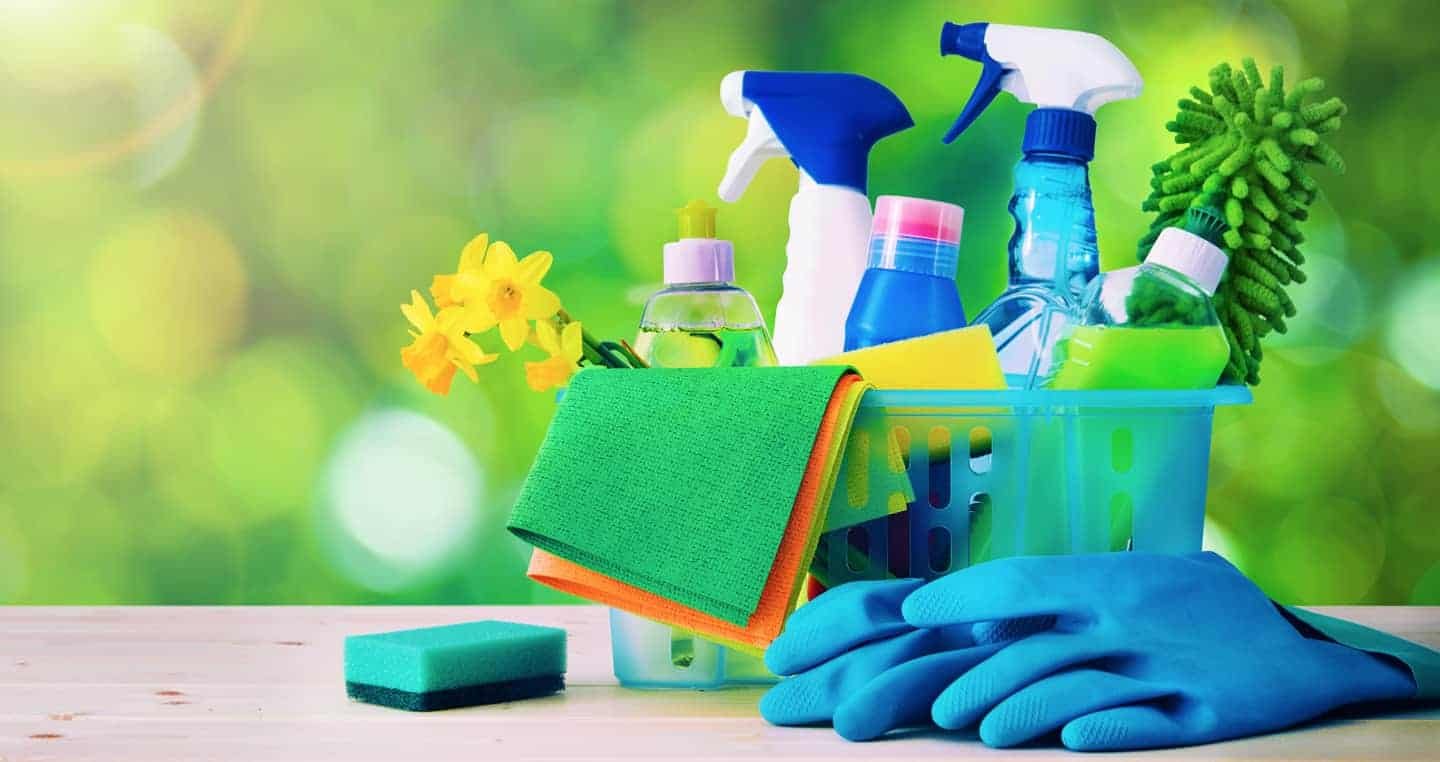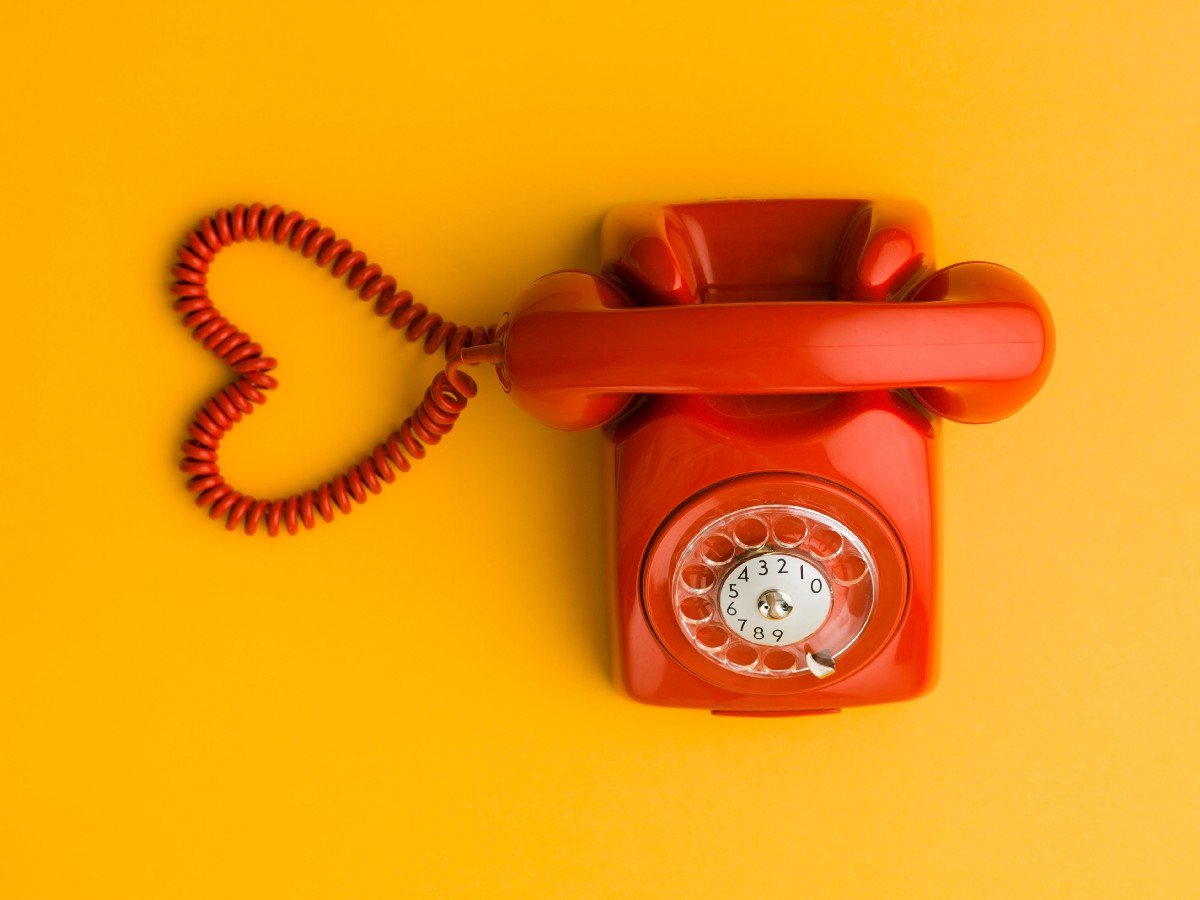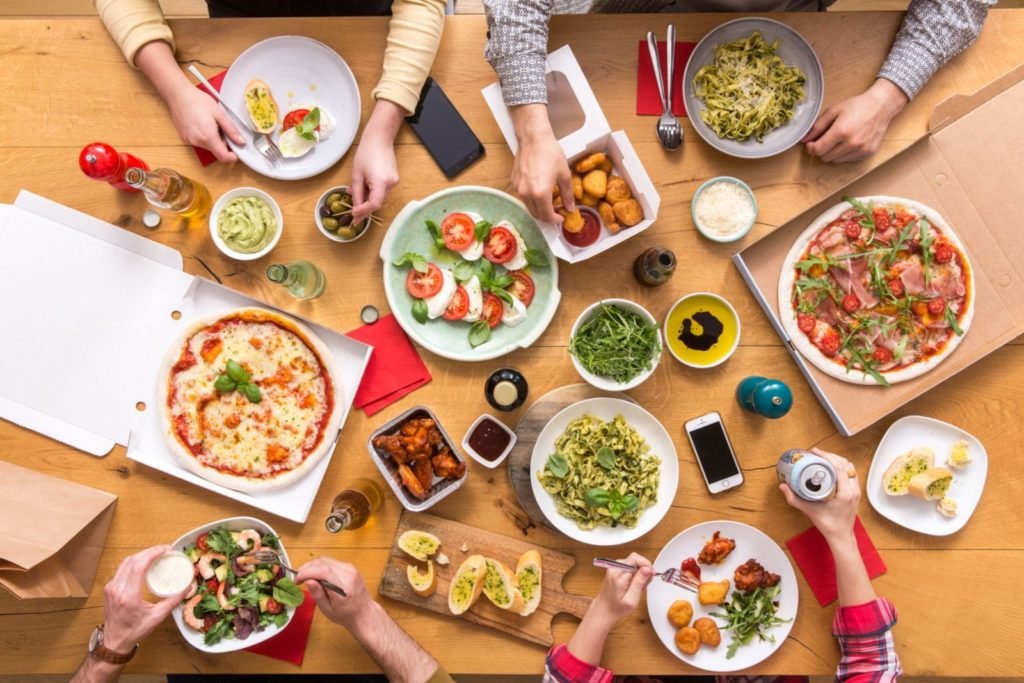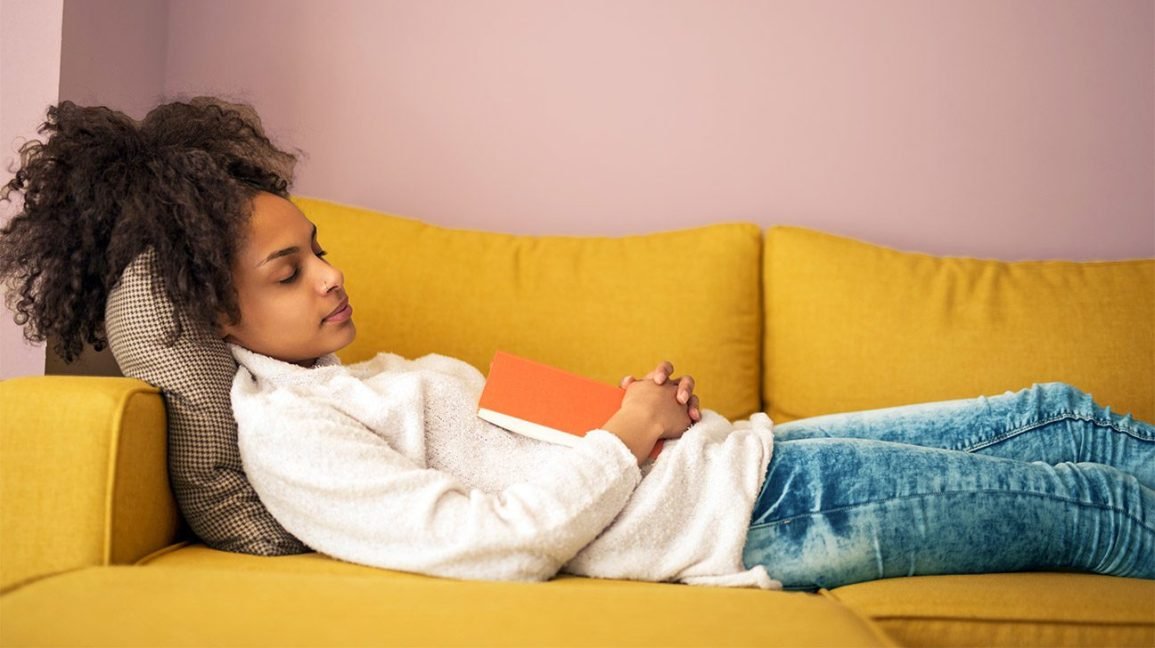Layman Transport has made a list of activities to do while practicing self-isolation and social distancing.
As the number cases of COVID-19 increases, we’ve been instructed to stay indoors to protect ourselves as well as others. As much of the world is adjusting to a new norm of life, surrounded by frequent updates on the matter, it can be difficult to focus on anything else. While that may be the case, social distancing is an essential method of prevention in lessening the spread of the virus, we thus have to get creative on how to keep ourselves busy and entertained without gathering in groups. Layman Transport has made a list of activities to do while practicing self-isolation and social distancing.
1. Spring cleaning!
There is no better time to deep clean the entire house.
Removing dust, dirt and clutter from your environment provides you with a cleaner, more comfortable atmosphere so you can feel happier and more relaxed. Chores like sweeping, dusting and vacuuming dispose of dust, pet dander, and a dozen of other allergens that cause cold and flu-like symptoms. Every time you clean the house with disinfectants, you are killing bacteria, viruses, and other microorganisms that can compromise your health. Sanitizing surfaces in the kitchen, bathroom, and other areas of the house will help protect you from these potentially dangerous bacteria.
A clean house can help relieve and prevent unnecessary stress. Taking the time and making effort of keeping your space clean is well worth it and so satisfying!
 2. Take a virtual tour of museums around the world (The Google Art Project)
2. Take a virtual tour of museums around the world (The Google Art Project)
Fortunately, the digital age has made it possible to visit some of the world’s most famous museums from the comfort of your own home. To help its users discover and view important artwork online in high resolution and detail, Google partnered with more than 1200 cultural institutions from around the world to provide virtual tours of museums using Google Street View technology.
Here is a dozen of them:
 3. Discover your inner artist
3. Discover your inner artist
You may encounter the myth that it takes talent but don't believe it. The desire to learn to paint coupled with enthusiasm is what you need more than anything else. Try ordering some paint online, as well as a canvas and paint brushes and let your inspiration speak for itself!
 4. Try meditation
4. Try meditation
Meditation can give you a sense of calm, peace and balance that benefit both your emotional well-being and overall health. Non-practitioners sometimes imagine meditation to be boring, but it can be very helpful when done right. There is more than one kind of meditation available, so you can easily find one that suits you. Here are just a few alternatives:
 5. Participate to Montreal Balcony Concert Series Every Tuesday
5. Participate to Montreal Balcony Concert Series Every Tuesday
Montrealers are finding ways to stay connected with their community regardless of social distancing measures. From your own balcony or private outdoor space, participate to the Montreal Balcony Concert Series hosted by POP Montreal every Tuesday!
Dates: April 14, 21, 28; 7:00 PM
 6. Call up a loved one you haven't talked to in a while
6. Call up a loved one you haven't talked to in a while
We often find ourselves getting so caught up in school or work that we tend to forget about the people we love the most. Now that you probably have a lot of time on your plate, why not catching up with someone you haven't talked to for a long time by calling them?
The more closely we are connected to the people we love, the happier we feel and the more personal satisfaction we have in our lives.
 7. Read, read, read
7. Read, read, read
It’s especially important for children to read as much as possible because the effects of reading are great for mental and physical health. Such as reducing stress, fighting depression, improving the brain connectivity, increasing vocabulary and comprehension. However, it’s never too late to begin taking advantage of the all the other outcomes like, contributing to a longer life, preventing cognitive decline as you age, lowering the blood pressure and heart rate. All of these benefits are waiting for you in the pages of a good book!
 8. Learn a new language
8. Learn a new language
Luckily, gone are the days where the only way to learn another language was to either to stay in a foreign country or go back to high school language classes.
There are now many different online lessons and tutorials to help you become an expert in the language of your choice. Language learning helps develop cognitive skills, such as a better concept formation, mental flexibility, multitasking, listening skills and problem-solving, in addition to improving social interaction and encouraging connection with other people.
 9. Support your favourite local restaurant!
9. Support your favourite local restaurant!
Restaurants and food businesses around the country have been affected in various ways. It’s an unsettling time right now for many small business owners and our community. Local businesses are pivoting their efforts to align with social distancing and some may be struggling by closing their doors, having less staff on hand or limiting their operations.
During this time, we must think about how we can continue to support our community and how we can support our local businesses. Treat yourself by choosing delivery or local pickup options. This allows you to either get out of the house for some fresh air or gives you the opportunity to be delivered something that makes you excited while remaining at home!
 10. Catch up on sleep
10. Catch up on sleep
Sleep is vital (and often neglected) because it enables the body to repair and be fit and ready for another day. But daytime naps also help! The length of your nap and the type of sleep you get help determine the brain-boosting benefits.
A 20-minutes power nap resets the system and gives you a burst of alertness and increase your motor learning skills like typing on a computer or playing the piano. Napping for 30 to 60 minutes is good for decision-making skills, such as memorizing, vocabulary or recalling directions. But a 60-to 90-minutes siesta can charge up the brain’s batteries as much as eight hours of sleep. It plays a key role in making new connections in the brain and solving creative problems. While you’re self-isolating don’t forget to get some rest if you need to recharge.
 During this challenging time, we must do everything in our power to ensure the safety of our community and self-isolation is necessary to protect ourselves and others even if it means that we have to find unique ways to stay occupied. On behalf of Layman Transport, we would like to take a moment to thank all essential workers providing services next door, down the street, up the block or across town… during this difficult time, when there’s a community need, we’re there to help fulfill it.
During this challenging time, we must do everything in our power to ensure the safety of our community and self-isolation is necessary to protect ourselves and others even if it means that we have to find unique ways to stay occupied. On behalf of Layman Transport, we would like to take a moment to thank all essential workers providing services next door, down the street, up the block or across town… during this difficult time, when there’s a community need, we’re there to help fulfill it.